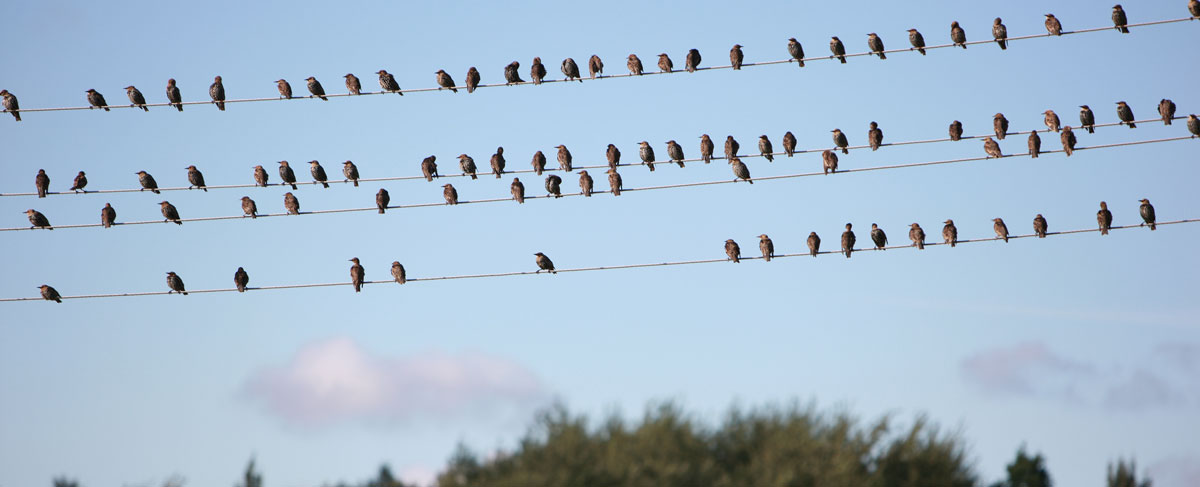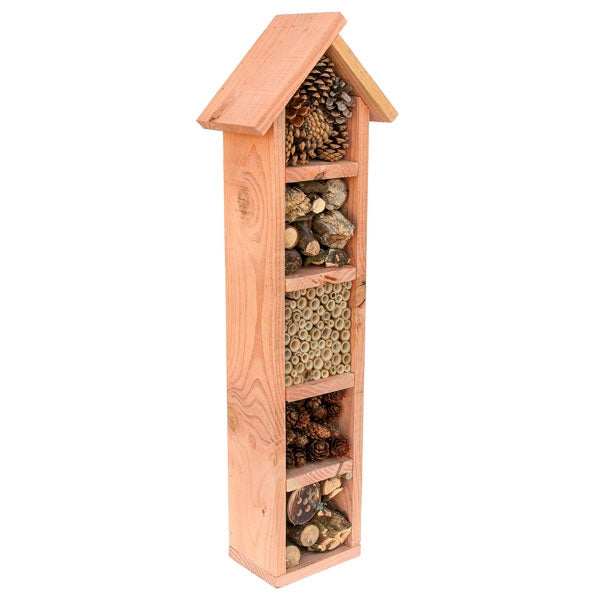Save our baby birds by building ‘love nests’, urges UK wildlife expert
Featured in The Express, Yorkshire Post and Gardeningetc
One in four UK bird species is under serious threat, according to the latest Birds of Conservation Concern report, and climate change is wreaking havoc with breeding patterns.
14th February marks the start of National Nest Box Week, when people are encouraged to give feathered friends a home ahead of the breeding season in early spring.
Sean McMenemy shares his knowledge on how to make and place nest boxes for birds. He says: “Feeding birds is rewarding enough, but nothing compares to watching a little bird take its first flight, especially if it’s from a nest box you put up yourself.”
UK wildlife expert shares tips on how birdwatching can be accessible for all
Featured in Bird Watching, Lancashire Times and Lincolnshire Live
Birdwatching is a fantastic way to engage with nature, have some fun and improve your wellbeing. However, many disabled birdwatchers miss out on this experience due to a lack of confidence and information.
According to National Parks UK, despite 20% of the UK population having a disability or long-term health issue, they make up just 9% of National Park visitors.
Sean McMenemy has conducted research on the UK’s best accessible wildlife spots along with compiling a list of top tips for disabled birdwatchers.
5 tips for upcycling Christmas waste to save our garden wildlife
Featured in Wales Online, Edinburgh Live and Hertfordshire Mercury
An extra 30% of rubbish is produced and discarded during the festive season, which can have a devastating effect on our wildlife. In fact, the RSPCA receives 5000 calls a year regarding litter and wild animals are the main victims, particularly birds.
Sean McMenemy provides insight into how the public can repurpose their extra waste from the festive period and transform it into something to help our garden wildlife thrive.
From using your Christmas tree as a multi-perch bird feeder, through to using branches as ground insulation for spring bulbs — Sean has plenty of great ideas to share.
Save hedgehogs this Bonfire Night by giving them ‘room to roam’, urges wildlife expert
Featured in Express Online, Country Living and Henley Herald.
With interest in hedgehog houses down by over 50% during the most treacherous time of the year, experts are urging the UK public not to neglect hedgehogs by creating ‘hedgehog highways’ in the garden.
Hedgehogs naturally roam through many different gardens whilst foraging for food, finding mates and seeking out shelter. They are in particular danger on Bonfire Night, as they can mistake bonfire log piles for shelters whilst roaming through the night. Since 2007, numbers of wild hedgehogs in the UK have halved, and there are now thought to be fewer than a million left in the UK.
Sean McMenemy says: “With their natural habitats being destroyed by urbanisation, our gardens are a crucial place of safety for hedgehogs, so it’s important that people do everything they can to protect them whilst celebrating Bonfire Night.”










